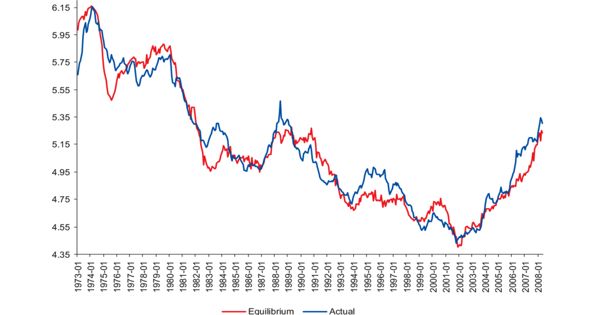A property tax is a tax levied on real estate owned by an individual or another legal entity, such as a corporation. An ad valorem tax on the value of a property, also known as a millage rate, is an ad valorem tax on the value of a property. A property tax is most commonly a real estate ad-valorem tax, which is a regressive tax. It is the annual sum paid by a landowner to his local government or municipal corporation. All tangible real estate property, his house, office building, and the property he has rented to others are included in the property.
It is calculated by the local government in the area where the property is located and paid by the property owner. The tax is usually calculated based on the value of the owned property, which includes land. Many jurisdictions, however, tax tangible personal property such as automobiles and boats. Almost all property taxes are levied on real estate, which is defined and classified legally by the state apparatus. Land, structures, and other fixed buildings are examples of real property.
The governing authority of the jurisdiction in which the property is located imposes the tax. The assessed taxes will be used to fund water and sewer improvements, as well as law enforcement, fire protection, education, road and highway construction, libraries, and other community-beneficial services. A national government, a federated state, a county or geographical region, or a municipality can all be considered. The same property may be taxed by multiple jurisdictions.
Property owners must pay property tax, which is determined by the local government in which the property is located. Real estate is frequently subject to a property tax. It can be levied on an annual basis or at the time of a real estate transaction, as in real estate transfer tax. It is based on the value of the property, which can be real estate or tangible personal property in many jurisdictions. This tax differs from a rent tax, which is based on rental income or imputed rent, and a land value tax, which is a levy on the value of land but does not include the value of buildings or other improvements.
Property tax rates and the types of properties taxed differ from jurisdiction to jurisdiction. The government requires or performs an appraisal of the monetary value of each property under a property-tax system, and the tax is assessed in proportion to that value. When purchasing a home, it is critical to investigate the applicable tax laws. The amount of property tax owed by owners is calculated by multiplying the property tax rate by the current market value of the lands in question. The tax rate will be recalculated annually by the majority of taxing authorities.
















